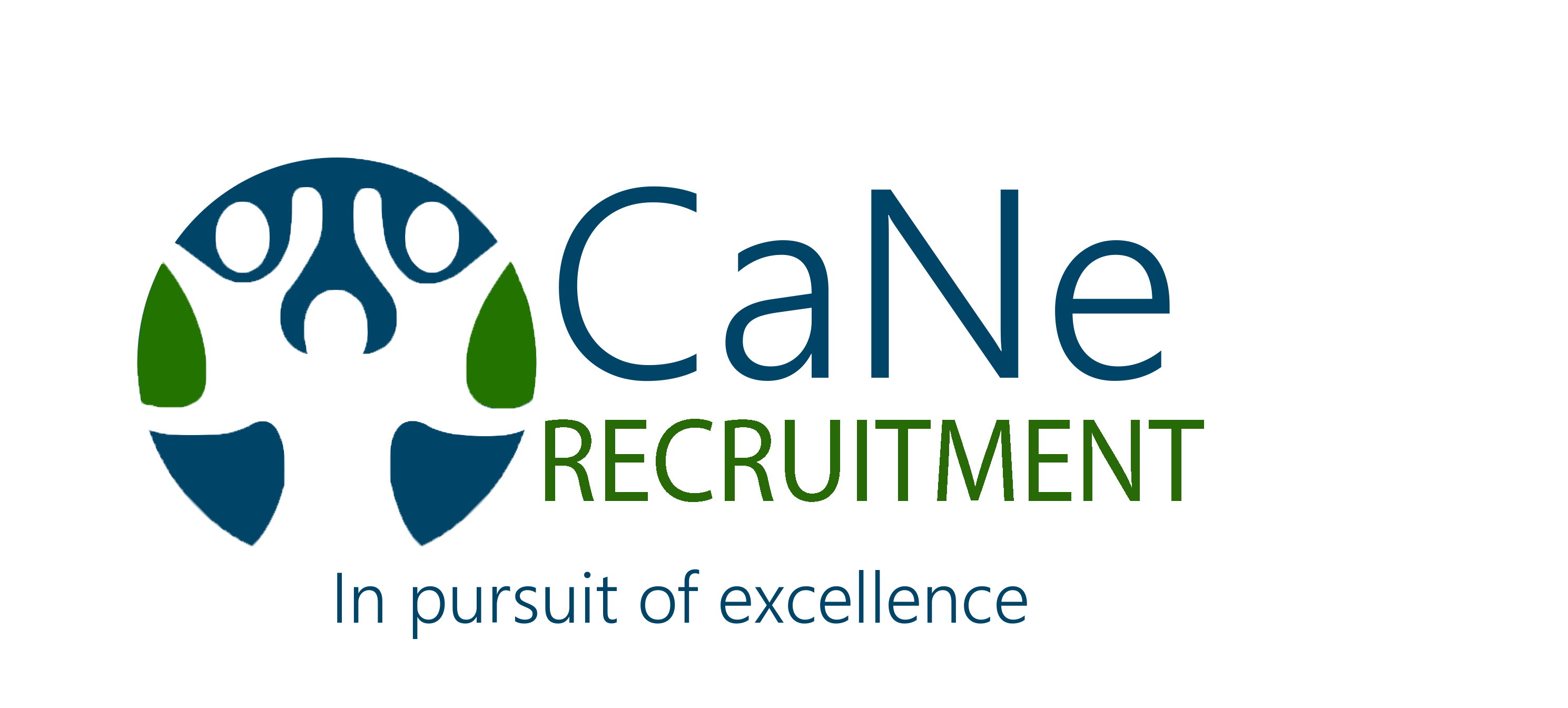Erectile Dysfunction: An Observational Research on Prevalence, Causes, and Affect on Quality Of Life
Erectile dysfunction (ED) is a typical condition that impacts a major proportion of males worldwide. Defined as the inability to attain or maintain an erection sufficient for satisfactory sexual performance, ED can have profound implications not solely on sexual well being but also on psychological well-being and interpersonal relationships. This observational examine aims to discover the prevalence, potential causes, and the influence of erectile dysfunction on the quality of life of affected people.
Prevalence of Erectile Dysfunction
Recent epidemiological studies suggest that the prevalence of erectile dysfunction will increase with age. In response to the Massachusetts Male Aging Research, roughly 52% of men aged forty to 70 years expertise some extent of ED. The situation just isn’t limited to older men; younger people also can experience erectile dysfunction, usually linked to psychological factors or lifestyle selections. If you enjoyed this post and you would like to receive additional information regarding erection medication over the counter, click to find out more, kindly check out our own web-page. A examine published within the Journal of Sexual Medicine indicated that just about 30% of men beneath the age of 40 reported experiencing erectile difficulties, highlighting the significance of addressing this difficulty throughout all age teams.
Causes of Erectile Dysfunction
Erectile dysfunction may be attributed to a posh interplay of physical, psychological, and way of life components. Physiological causes embrace cardiovascular diseases, diabetes, obesity, and hormonal imbalances, which might impair blood circulate or nerve function mandatory for an erection. As an illustration, men with diabetes are 3 times extra likely to expertise ED than their non-diabetic counterparts, as the condition can lead to nerve injury and lowered blood circulation.
Psychological elements additionally play a vital function in erectile dysfunction. Anxiety, depression, and stress can significantly influence sexual performance. The concern of failure can create a vicious cycle where anxiety about reaching an erection results in additional erectile difficulties. Moreover, relationship points, corresponding to lack of communication or unresolved conflicts with a associate, can exacerbate the state of affairs.
Way of life choices, together with smoking, extreme alcohol consumption, and sedentary behavior, contribute to the risk of growing ED. A study discovered that men who smoke are 50% extra prone to expertise erectile dysfunction than non-smokers. Weight administration and common physical activity are important for sustaining erectile operate, as obesity and inactivity can result in hormonal modifications and lowered blood stream.
Affect on Quality of Life
The implications of erectile dysfunction extend beyond the bodily signs. The psychological and emotional impact of ED could be profound. Many males expertise emotions of embarrassment, shame, and inadequacy, which might result in decreased shallowness and increased anxiety. The condition may strain intimate relationships, leading to decreased sexual satisfaction for each partners. In some cases, couples could expertise a decline in emotional intimacy, as sexual exercise is usually a vital facet of romantic relationships.
In our observational research, we surveyed 200 males diagnosed with erectile dysfunction to assess the affect of the situation on their high quality of life. The survey included questions on shallowness, relationship satisfaction, and overall psychological health. Outcomes indicated that 68% of contributors reported a significant decline in vanity, while 55% expressed concerns about their relationship stability. Many contributors noted that their partners were supportive, yet the emotional burden of ED created tension and anxiety in their interactions.
Curiously, the research also revealed that men who sought medical intervention for ED reported improved high quality of life. Those that acquired treatment, whether by way of treatment, counseling, or way of life adjustments, famous a resurgence in self-confidence and enhanced relationship satisfaction. This finding underscores the importance of encouraging males to seek help and talk overtly about their experiences.
Obstacles to Treatment
Regardless of the prevalence of erectile dysfunction and its affect on high quality of life, many men don’t seek treatment. Barriers to accessing care embody stigma, embarrassment, and an absence of awareness about obtainable options. Many men really feel uncomfortable discussing sexual well being points with healthcare suppliers, resulting in a reluctance to seek help. Moreover, misconceptions about ED being an inevitable part of aging can forestall men from recognizing that efficient treatments can be found.
Healthcare providers play a crucial position in addressing these limitations. Making a secure and open environment for discussions about sexual well being can encourage men to voice their considerations. Instructional initiatives aimed at elevating awareness about the treatability of erectile dysfunction are essential for reducing stigma and selling proactive health behaviors.
Conclusion
Erectile dysfunction is a multifaceted situation that impacts men of all ages and has important implications for high quality of life. Understanding the prevalence, causes, and influence of ED is vital for fostering open discussions and encouraging males to seek help. By addressing the obstacles to treatment and promoting awareness, healthcare providers can play a pivotal function in improving the standard of life for men experiencing erectile dysfunction. Future research should give attention to exploring modern treatment choices and growing strategies to boost communication between patients and providers, in the end leading to better outcomes for those affected by this condition.


